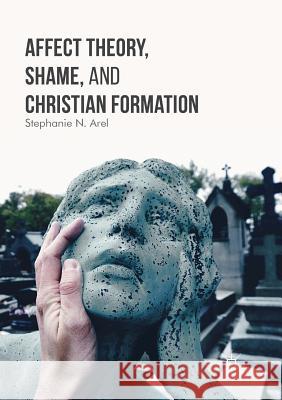Affect Theory, Shame, and Christian Formation » książka
topmenu
Affect Theory, Shame, and Christian Formation
ISBN-13: 9783319826141 / Angielski / Miękka / 2018 / 206 str.
Kategorie:
Kategorie BISAC:
Wydawca:
Palgrave MacMillan
Język:
Angielski
ISBN-13:
9783319826141
Rok wydania:
2018
Wydanie:
Softcover Repri
Ilość stron:
206
Waga:
0.26 kg
Wymiary:
21.01 x 14.81 x 1.17
Oprawa:
Miękka
Wolumenów:
01
Dodatkowe informacje:
Wydanie ilustrowane











